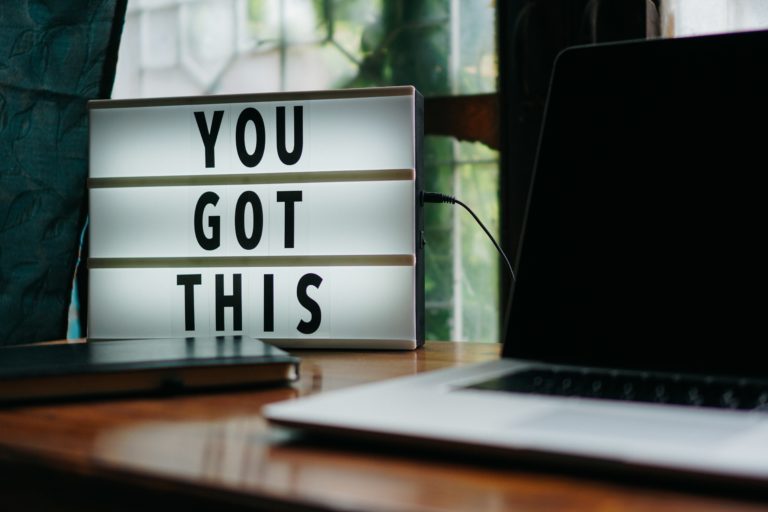Record numbers of women have entered politics since 2016, but there is still an…
Lived Experience Increases the Viability of Women Candidates

“If you want something said, ask a man; if you want something done, ask a woman,” once quipped the first woman Prime Minister of Great Britain, Margaret Thatcher. That idea seems to be behind the high number of women who ran for office in 2016 and the continued increase in women running now.
In cities and states across the country, more women, especially women of color, are running for office. And you’ll find they are increasingly running for executive roles. In St. Louis, Tishaura Jones won a bid to be the first Black woman Mayor. And her opponent for the runoff was a woman. In New York City, the next Mayor could very well be a woman, with top contenders Maya Wiley and Kathryn Garcia running in a multiple way Democratic Primary. In Boston, not only are four women of color running to be elected Mayor in a city where no woman has served as Mayor in the 200 years since the city was incorporated, but also all four women are leading the crowded field in the Democratic primary! In Fort Worth, two women are in the runoff to be mayor of the old Texas town. And in the most watched statewide race of 2021, two Black women are running for Governor in the Virginia Democratic primary.
When you look at the campaigns of these women candidates, you see the current environment has affected many of their platforms, which makes sense because that’s where women voters are as well. In recent polling conducted by the Barbara Lee Family Foundation, an overwhelming number of women agree that the ongoing pandemic has exposed a lot of structural flaws. Even more striking? Women across the political spectrum agree with changes that would’ve previously been considered left of center like expanding health care access, paying caregivers more, and establishing paid family leave. Notably, nearly three quarters of Republicans and Fox News viewers would support these moves.
And with these numbers, it’s reasonable to see why women candidates are running at every level of public office with Covid recovery and fixing social safety nets further broken by the pandemic at top of mind. The research goes on to say: Over half of moms surveyed feel that taking care of their kids during this time has been isolating and stressful. One in two working moms report difficulty juggling work and virtual schooling. And while many moms support getting their kids back to school as soon as possible, they are worried about school system safety. Many women in the workplace are concerned about their safety as well, and one in four women believe their employer will put them at risk of contracting Covid or put work in general over their wellbeing—this feeling is disproportionately higher among women of color and low-income women. And a quarter of women in the workplace say that the pandemic has affected their careers, whether it be for delaying raises, promotions, or bonuses.
What the 2020 elections and continued polling is saying is that candidates are embracing their lived experience more than they would’ve prior to the pandemic.
In the midst of the pandemic, a national conversation about racial justice and equity since last summer’s protests around the murder of George Floyd, and post MeToo, voters are looking to see candidates who not only say they care about their daily lives but actually get it, because they’ve lived it, and will make that experience a priority in their policy making.
Many advocates have argued to diversify all levels of government in the past, but it hasn’t been heeded as much until now. This voter perspective of welcoming candidates’ lived experiences as part of the professional expertise they bring to the table benefits women candidates overall, and especially Black and other women of color, whose experiences at the intersection of race and gender inform how to fix what has long impacted their communities.






